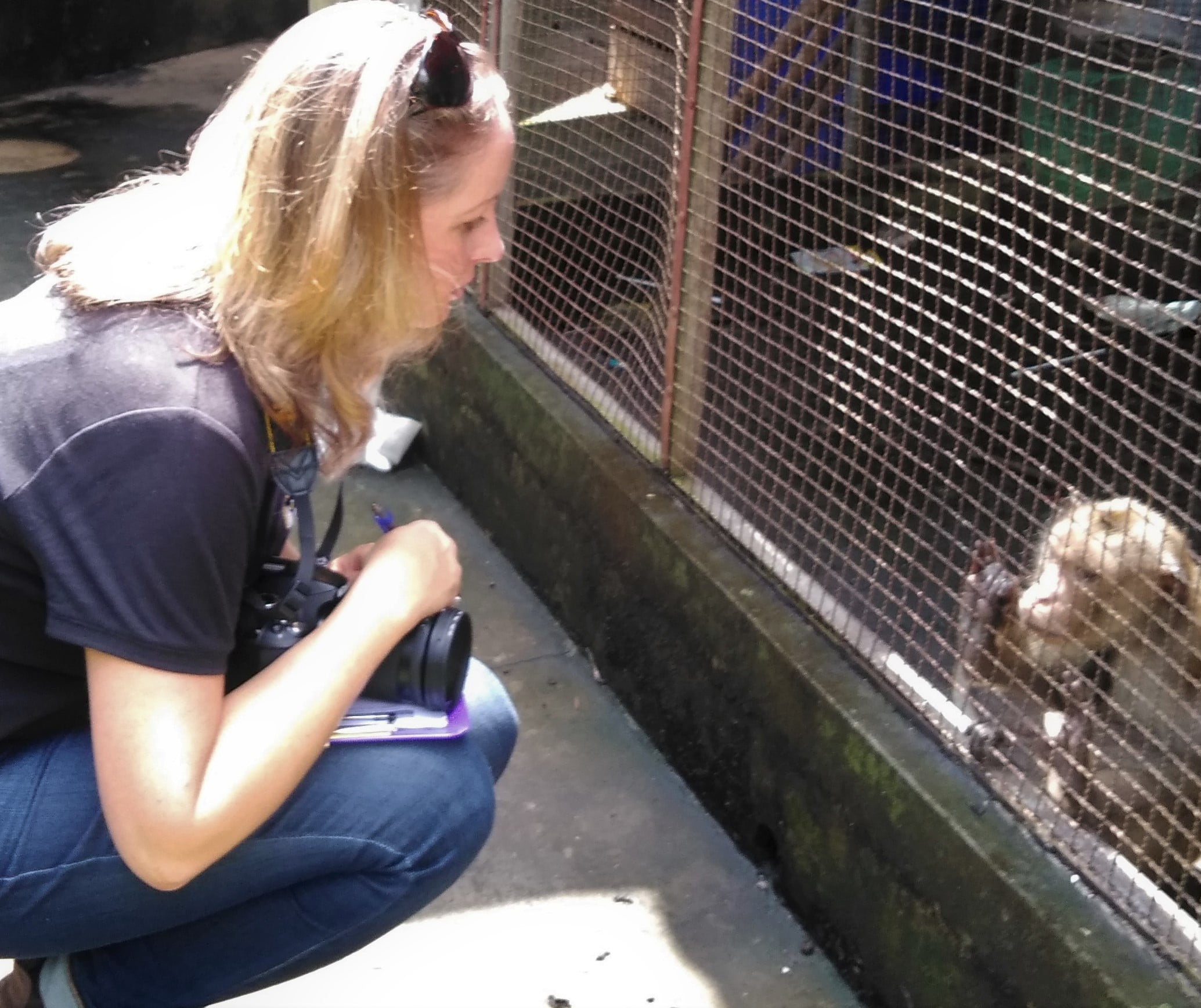Compassion for animals: Not just a female thing
Every year on the 8th of March, International Women’s Day is celebrated around the globe.
Last year, we took time to recognise some women we know through our work, who have inspired us in the past and continue to inspire us moving forward, as we push for better welfare for wild animals in captivity around the world.
In remembering the women who inspire our work, we began thinking this year of all the women who work tirelessly for animals and improving animal welfare. And there are many.
The renowned chimpanzee expert Dr Jane Goodall, who has been working with these primates for more than 50 years and who has pioneered grassroots community projects and engaged the younger generation to protect animals and the environment. The late Dr Dame Daphne Sheldrick, who dedicated her life to elephants, their conservation and the conservation of multiple wildlife species in Kenya, whose remarkable work goes on today as it did when she led her dedicated team at The David Sheldrick Wildlife Trust. These are just two that spring to mind, there are so many, many more.
Women, animal welfare and animal rights kind of go hand in hand. There is information everywhere documenting the predominance of women spearheading the animal advocacy movement and how they outnumber men, especially in the UK. From women signing more online petitions on animal welfare topics than on human rights topics, to those who would prefer to donate to animal causes more likely to be female, women are often at the forefront of work to help animals.
The choice to be vegetarian or vegan is not necessarily just because of animal welfare, but we know many people do adopt these diets because they are compassionate about animals and would rather not consume them. In Veganuary 2018 – the annual campaign where people choose to go vegan for January – the stats were overwhelmingly female-biased, with 83 per cent of people trying it out women versus just 15 per cent men.
And with Wild Welfare’s own social media following, we have more females who follow our work online than males – across all our channels!
Wild Welfare believes in a compassionate and empathy-based approach to animal welfare. Our team is lucky enough to travel the world during the course of our work, helping zoo animals through a variety of projects. We get to meet with and form partnerships with people from different continents who have different cultures, speak different languages and we interact with a diverse age range of women and men.
This is important. Because although the stats may tell us that women more so than men appear to feel more compassion for animals – possibly due to having more nurturing instincts – when we work with people caring for wild animals in captivity, we need to ensure they all feel compassion for animals. We need everyone responsible for animals to know how and why it’s important to give them proper care and ensure their best welfare, because to quote Dr Jane Goodall “…. Only if we care will we help….”
The global population of men and women is pretty equal, so it’s vital that everyone is compassionate towards animals and makes animal welfare issues part of their agenda, so collectively we can ensure all animals around the world – those in captivity, those in the wild and those we share time with in our homes – can live good lives.
We’re not sure if a man or a woman said this, and it doesn’t really matter, but it’s true that, “Not everyone can choose to help animals, but everyone can choose not to harm them.”
Yes, today is about celebrating women – especially those committed to helping animals – but let’s remember that compassion for animals shouldn’t just be a female thing, it should be for us all.
Image © Wild Welfare: A team member carrying out a welfare assessment in a zoo





